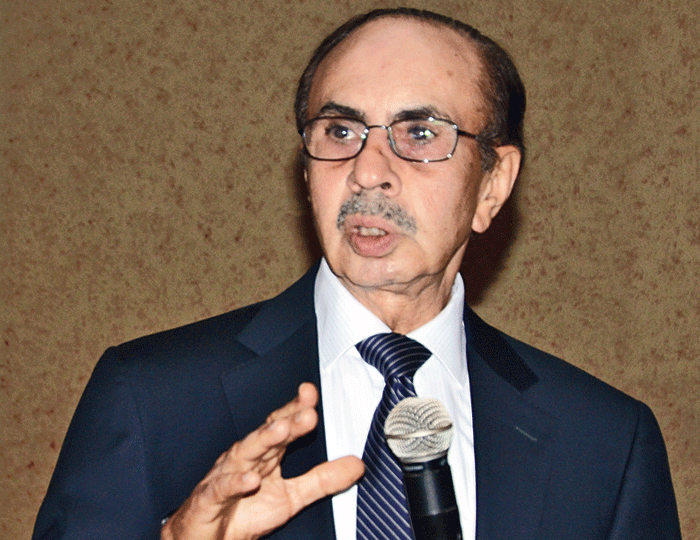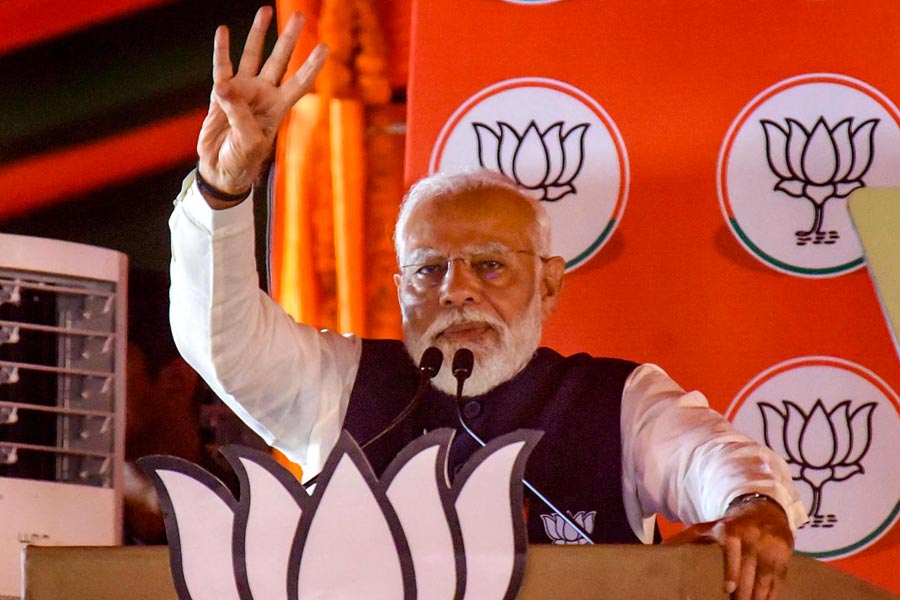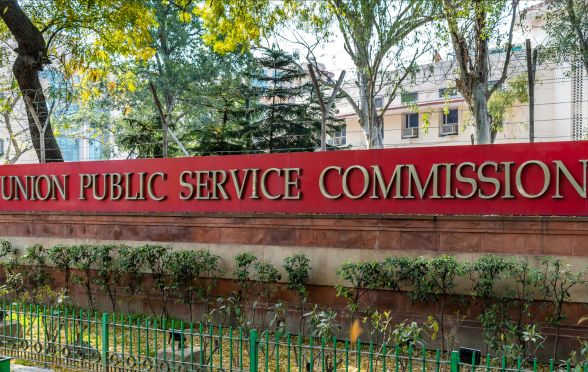Adi Godrej, chairman of the Godrej group, has said the government must do more to provide stimulus to the stuttering Indian economy and advocated a cut in personal taxes to ratchet up growth.
The economy slowed to a six-year low at 5 per cent in April-June quarter and Godrej said it was unlikely that the second quarter that ended on September 30 would buck the trend.
“The government should provide more stimulus,” Godrej said on the sidelines of India Economic Summit here.
“The current growth rate of economy is slow and we need to stimulate it. We need to have the growth rate up, even if that means the fiscal deficit goes up. I do not think it (the rise in fiscal deficit) matters. It must act,” he said.
“The economy is in bad shape. The global economy is slowing down and it is very important that India acts fast, stimulates the economy,” Godrej later told a television channel.
The Narendra Modi government has stuck to its objective of capping fiscal deficit at 3.3 per cent of the gross domestic product -– which translated into absolute number of Rs 7.03 lakh crore in this year’s budget.
The fiscal deficit headroom has shrunk considerably with 78.7 per cent of the budgeted figure exhausted by the end of August. With the government expressing its determination to slam the lid on the fiscal deficit and refusing to raise the borrowing target for the second half, India Inc’s hopes for a fiscal stimulus seemed to have crumbled — at least for now.
The industry chieftain characterised the cut in the basic corporate tax to 22 per cent without the benefit of any exemptions as a good move but insisted it wasn’t enough. The government must now cut personal tax rates as well, he said.
“I think personal income tax rates need to be cut. And certain industries need to be provided a fillip,” he said.
In August, a task force entrusted with preparing a draft direct tax code had suggested four tax slabs for personal income and favoured an increase in the threshold for tax exemption to Rs 5 lakh from Rs 2.5 lakh at present.
The report has not been made public but some media reports said the task force had suggested a tax rate of 10 per cent for those with incomes between Rs 5 and 10 lakh; 20 per cent for those between Rs 10 and 20 lakh; 30 per cent for incomes between Rs 20 lakh and Rs 2 crore, and a 35 per cent rate on incomes above Rs 2 crore.
Speculation has swirled that the Modi government might decide to cut personal income tax rates before Diwali. But there has been no confirmation of such a move.
Godrej said there was room for further rate cuts and expected the RBI to cut the policy rate by 25 basis points to 5.15 per cent Friday. “But the banks need to pass that on the benefit of the rate cuts faster,” Godrej said on the sidelines of the conclave.
Godrej’s suggestion for a cut in personal tax rates has started to gain support.
Archit Gupta, founder and CEO of Clear Tax, said: “An economic revival will need a boost on the consumption side. A cut in the personal tax slabs will leave more disposable income for consumption and savings. The income tax slabs need to be rationalised to meet the increased cost of living.”
“The tax rate may be lowered to 10 per cent from the present 20 per cent in the under Rs 10 lakh category, and the rate for more than Rs 10 lakh should be brought to 25 per cent, higher slabs with a slightly higher rate may be added. Further rationalisation of the deductions available for savings would make section 80C savings centric and give a fillip to household savings. This would help individuals plan for savings apart from their financial commitments,” he said.
Neha Malhotra, executive director at Nangia Advisors (Andersen Global), said: “A sharp rate cut for corporates has raised high expectations in the minds of the individual taxpayers that the government may favour them too with a lower tax rate or a higher basic exemption limit. These expectations are misplaced, since the intent behind the corporate tax rate cut is to boost the business sentiment of Indian economy.”
“Even if we take a view worldwide, the personal tax rate is kept high and the corporate tax rate is kept low to invite foreign investment. India is also treading the same path by keeping a competitive corporate tax rate to improve FDI and boost manufacturing sector in India,” she said.










